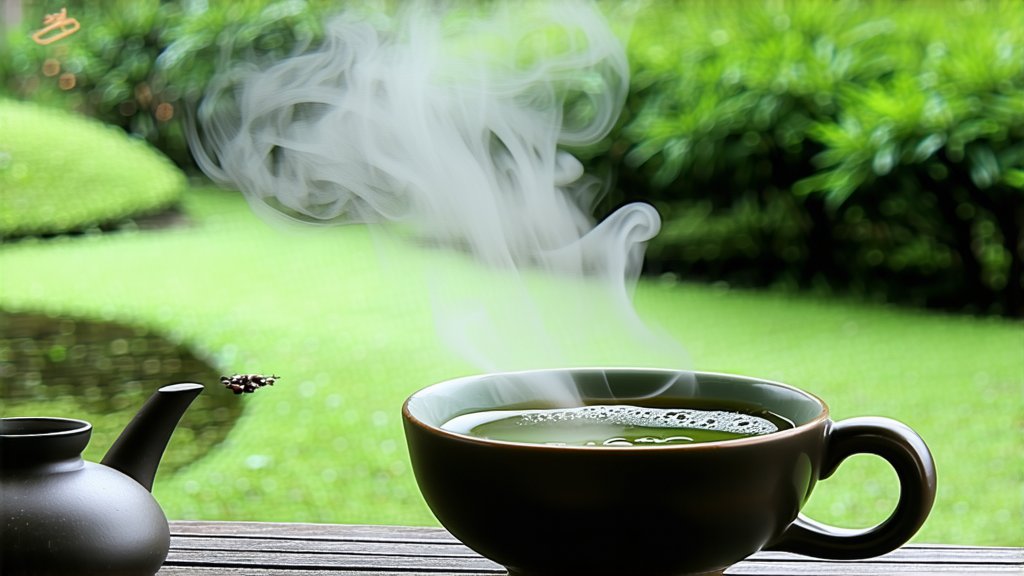
Dragon Well Tea (Longjing in Chinese), also known as Lu'an Melon Seed or Lung Ching, stands as one of China's most revered green teas, hailing from the picturesque region surrounding West Lake in Hangzhou, Zhejiang Province. With a history spanning over a thousand years, this tea is not merely a beverage; it embodies the essence of Chinese tea culture and philosophy.
Historical Background
The origins of Dragon Well Tea can be traced back to the Tang Dynasty (618-907 AD), but its prominence was solidified during the Qing Dynasty when it became an imperial tribute tea. Legend has it that the tea was named after a well located near a temple where, according to folklore, a dragon lived. When the monks ran out of water for their tea ceremony, the dragon sprang into action, providing a never-ending supply of crystal-clear water from which the tea was made. Thus, the name "Dragon Well" was born, symbolizing purity and divine favor.
Varieties and Cultivation
Dragon Well Tea primarily comes in two varieties: Xi Hu Long Jing (West Lake Dragon Well) and Qian Tang Long Jing (Qiantang River Dragon Well). The former, grown around the West Lake area, is considered the epitome of quality due to its unique microclimate and soil composition. The latter is cultivated in regions outside of West Lake but still within Zhejiang Province.
The tea bushes used for Dragon Well are typically of the Camellia sinensis var. sinensis species, known for their high amino acid content, contributing to the tea's distinctive umami flavor profile. Harvesting usually occurs in early spring when the tenderest leaves and buds offer optimal freshness and nutritional value.
Crafting the Perfect Cup
The art of making Dragon Well Tea involves a series of meticulous steps designed to preserve its natural flavors and aromas:
- Plucking: Only the top one bud and the first two leaves are handpicked, ensuring only the finest parts of the plant are used.
- Withering: Freshly picked leaves undergo a gentle withering process to reduce moisture content slightly without causing oxidation.
- Fixation: This step involves pan-frying the leaves at high temperatures to halt enzyme activity and lock in the green color and fresh taste.
- Rolling: The leaves are then skillfully rolled by hand or machine to form the characteristic flat shape reminiscent of dragon scales.
- Drying: Finally, the tea is slowly dried to remove any remaining moisture, enhancing its crisp texture and longevity.
Appreciating Dragon Well Tea: A Sensory Experience
To truly appreciate Dragon Well Tea, one must engage all senses in the tea ceremony:
- Visual Inspection: Observe the dry leaves' flat, needle-like appearance, resembling a dragon's scales. Upon steeping, watch them unfurl gracefully in hot water, transforming into vibrant green leaves dancing in the cup.
- Aromatic Evaluation: Inhale deeply to detect subtle floral notes intertwined with hints of roasted chestnuts and fresh grass—a testament to the tea's delicate processing.
- Tasting: Take a sip and let the tea linger on your palate. Notice the initial sweetness followed by a mild bitterness that quickly dissipates, leaving behind a refreshing aftertaste with a lingering umami sensation.
- Texture: Feel the smooth, almost creamy mouthfeel that coats your tongue, a result of the tea's high amino acid content.
- Color: Admire the pale yellow-green hue of the liquor, which reflects the tea's clarity and purity.
Cultural Significance and Modern Day
In contemporary times, Dragon Well Tea continues to hold a special place in Chinese society and internationally among tea connoisseurs. It represents more than just a drink; it embodies harmony, tranquility, and the pursuit of perfection in simplicity. As part of Gongfu tea ceremonies or enjoyed mindfully on its own, Dragon Well Tea invites practitioners to slow down, savor each moment, and connect with nature's bounty.
In conclusion, Dragon Well Tea is not merely a historical artifact but a living tradition that bridges ancient wisdom with modern appreciation. Its timeless charm lies in its ability to evoke a sense of peace and refinement while offering a glimpse into China's rich tea heritage. Whether you're a seasoned tea drinker or new to the world of green teas, exploring Dragon Well is an invitation to embark on a journey through taste, history, and cultural depth.